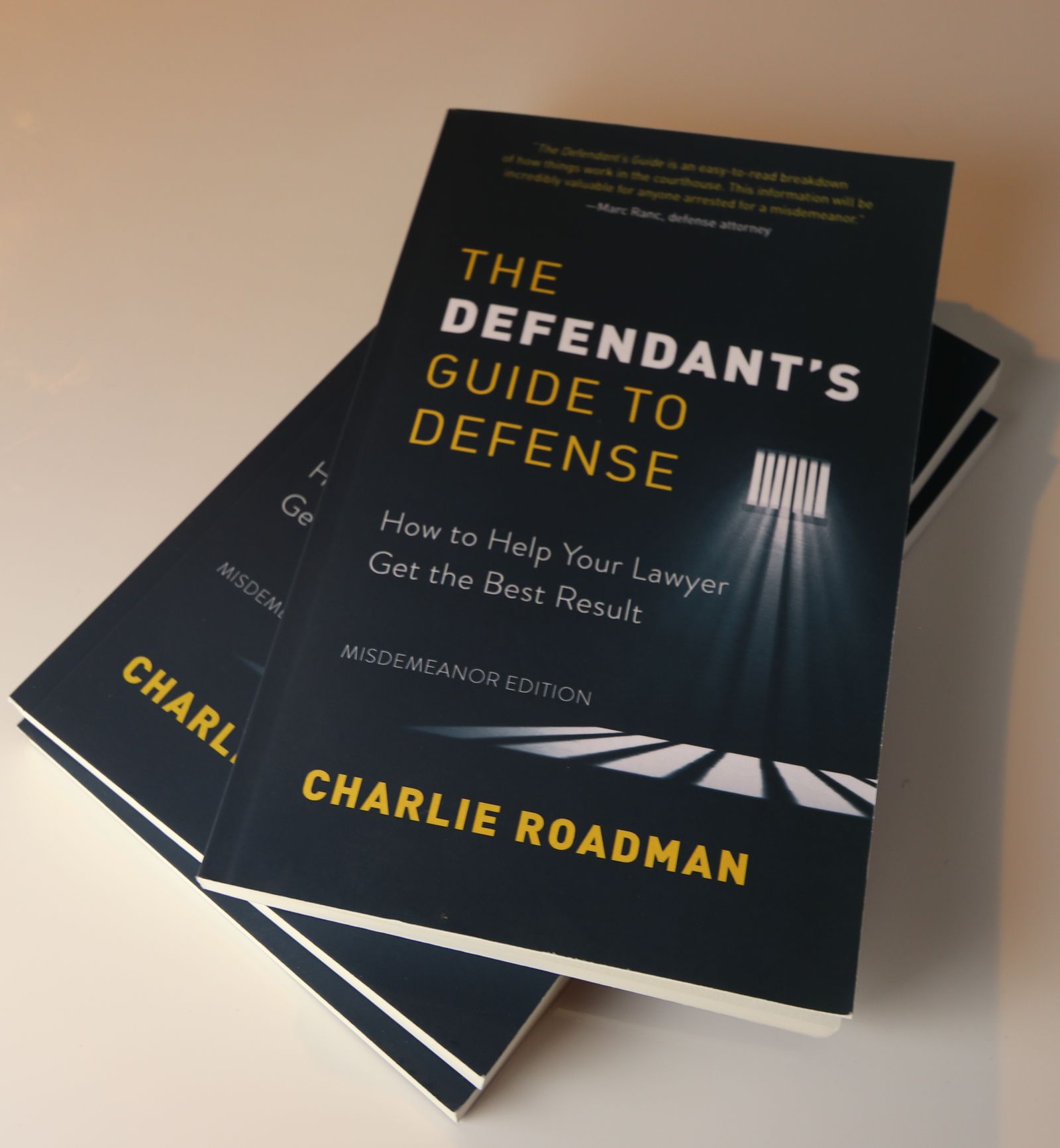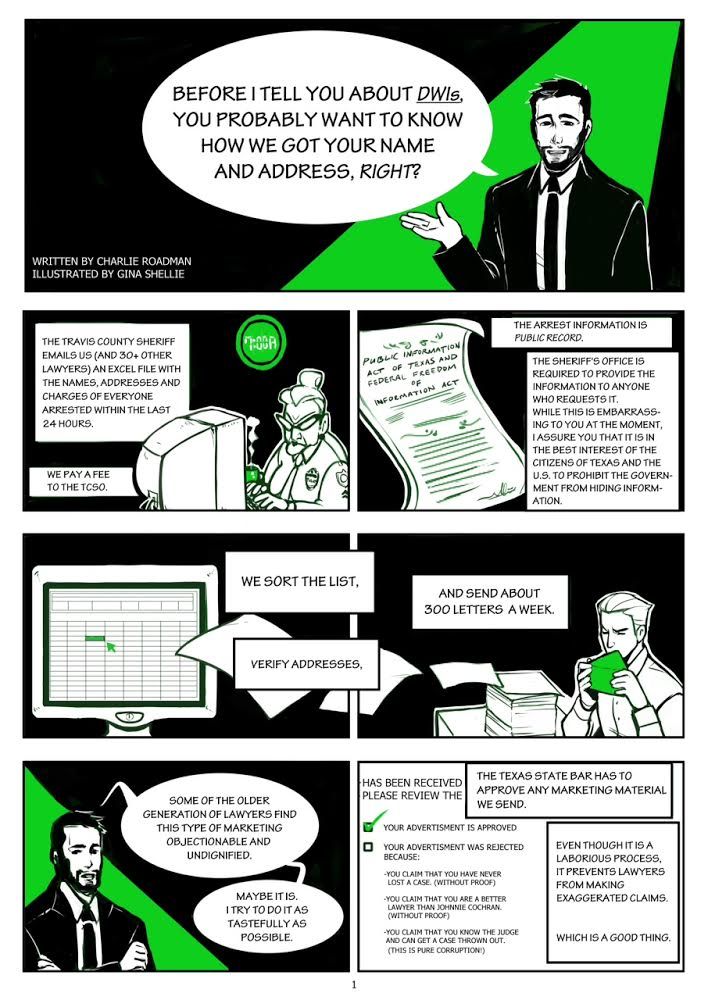Felony Assault
Felony Assault With Strangulation Defense
If you’ve just been arrested for assault with strangulation case, you probably have a thousand questions racing through your mind. What can I do now? What is the process? Will I go back to jail? Is self-defense a valid legal argument?
You need experienced Austin assault family violence attorneys who understand the Travis County court system inside and out. We zealously represent your rights throughout this process and answer all the questions you have along the way.
Our team has a combined 30+ years of experience helping people charged with assault in Austin. We will tell you what to expect and how to improve the chances of getting the best result. Having experienced attorneys can make the difference between getting your case dismissed or being convicted. See Our Recent Dismissals
What is Felony Assault With Strangulation?
To be charged with assault in Texas, you have to intentionally, knowingly, or recklessly cause bodily injury. The definition of bodily injury is defined by the Texas Penal Code as physical pain, illness, or any impairment of physical condition. You can be charged with assault with dating or family violence if you intentionally, knowingly, or recklessly cause bodily injury to someone who you’re dating, related to, living with, or married to. These cases can be between family members, like husband and wife, but also could come from a fight between roommates who are not related.
If violence is carried out between these types of relationships, it can be considered dating or family violence:
Current or former spouse, partner, boyfriend/girlfriend
Parent of your child
Child of your current or former spouse
Blood or adoptive family member
Foster child
Roommate
However, due to Texas Penal Code § 22.01(b)(2)(B), the punishment from a class A misdemeanor assault can be enhanced to a third or second degree felony if there’s an aggravating circumstance by impeding breathing or circulation of the blood by strangulation.
“the offense is committed by intentionally, knowingly, or recklessly impeding the normal breathing or circulation of the blood of the person by applying pressure to the person’s throat or neck or by blocking the person’s nose or mouth”
Police are always looking for signs of strangulation and will ask the complaining witness if they had trouble breathing during the assault.
A conviction on an assault charge with strangulation, suffocation, or choking is a felony offense that could lead to a possible prison sentence and fines. This kind of charge could also affect your rights to gun ownership, certain licenses, and can have an impact on employment.
Outcomes of a Assault With Strangulation Case
The legal outcomes for an assault by strangulation case in Texas can vary based on the specifics of the case, but in general, they could include:
Criminal charges and penalties for assault with strangulation:
If convicted, the first offense is a third-degree felony with a possible prison sentence from two to up to ten years, as well as fines up to $10,000.
The second offense is a second-degree felony with a possible prison sentence of two to up twenty years, as well as fines up to $10,000.
Probation:
Depending on the circumstances of the case, the defendant could be eligible for community supervision (also known as probation). This could involve various conditions like check-ins, counseling, drug tests, etc.
Protective Orders:
Depending on the relationship between those involved in the case, and the nature of the case, the court might issue a protective order prohibiting the defendant from approaching or contacting the complaining witness.
These are just general potential outcomes, and the actual outcome of any specific case would depend on a lot of factors, including the evidence presented, the arguments of the prosecution and defense, the decision of the judge or jury, and more.
Anyone facing assault with strangulation charges should contact our office for expert legal advice. Our law firm has a team of experienced lawyers who specialize in assault strangulation cases, ensuring that clients receive knowledgeable and effective representation.
Bond Conditions on an Assault Case
The judge creates these conditions based on what I call the “Hypothetical Future Tragedy.” This is the concept that the Judge’s decisions are designed to reduce the chance that a “tragedy” happens if the defendant is released from jail. The last thing the Judge wants to happen is for violence to occur (again) and someone to get hurt, or worse. The Judge will come up with rules (bond conditions) that reduce the chance that something else happens when the defendant is released from jail. Typical rules on an assault bond would be “stay away from the complaining witness”, “no contact with the complaining witness”, “stay away from an address”, and/or a GPS monitor. Even though the defendant has only been arrested, and not been “convicted,” the Judge is allowed to make any reasonable rules on a bond. If the defendant is caught violating the conditions, the Judge will revoke the bond and an arrest warrant will be issued.
The Judge can change/amend the bond conditions on an assault case if the defense lawyer is able to convince the Judge that the changes are reasonable, fair, and will not be risky.
There is also the possibility that the Judge grants an Emergency Protect Order (EPO) - which typically bars the defendant from going within 200 yards of an address or person(s) and restrictions on communication. The EPO different from a bond condition, because a violation of a Protective Order results in a new additional charge.
Counseling on an Assault Case
Often the prosecutor's goal is simply to pressure the defendant into making changes so that the violence will not happen again. These types of changes are what the counseling classes are designed to elicit. The classes that are common on assault cases teach tools to handle conflict and avoid violence. In my experience, my clients often find significant benefit from the classes and are happy that they were required to take them. Here is more information on the BIPP class.
Private counseling is also beneficial. We will need to get a letter from the therapist at various points during the process.

Charlie discusses assault family violence cases With Attorney Kiele Pace.
This interview discusses what to expect after an arrest and offers advice on what to do while the case is pending.
WHEN SHOULD I HIRE AN ATTORNEY?
Immediately. An attorney should be working on your case right away. We want to talk to witnesses as soon as possible and protect any evidence that will help the case. Hiring an attorney is also a good way to alleviate the stress and anxiety that comes with being arrested.
CAN A THEFT CHARGE BE DISMISSED?
Yes, but it depends on the circumstances of the arrest and what you are willing to do while the case is pending. We have negotiated hundreds of assault dismissals in Travis County using our knowledge and experience of what works in Austin. In order to help us get the best result, we will create a customized Action Plan for you.
ONE OF MY FRIENDS/FAMILY WAS ARRESTED FOR THEFT. WILL THEY GET OUT OF JAIL AUTOMATICALLY?
No. They must qualify for a personal bond. And even if they do qualify, it can take 24 hours or more to be released. We can speed up the process significantly. And trust us, everyone wants out of jail as soon as possible. HERE IS MORE INFO ON JAIL RELEASES.



